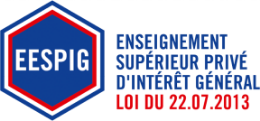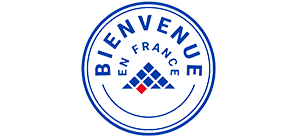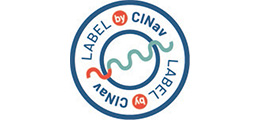Becoming a Pilot, a Dream Come True for Many ESTACA Graduates
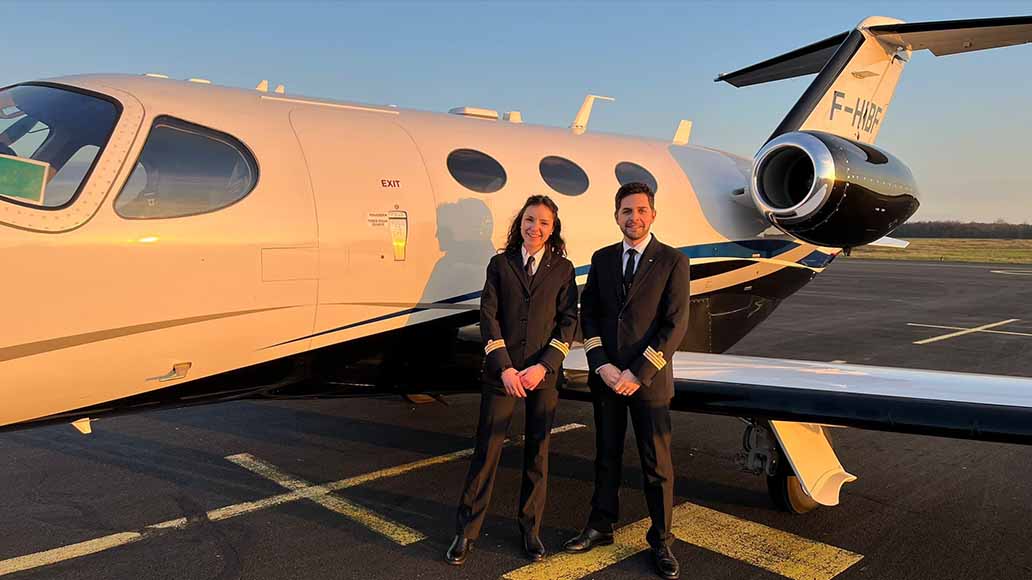
The dual engineer / airline pilot program is widely appreciated by airlines, and is a real asset in career development. How exactly do you get into this dream job that sometimes seems out of reach? ESTACA graduates Johan, Chloé, Antoine and Arthur talk about how they became airline pilots.
Many Roads to Becoming a Pilot
Many ESTACA students dream of becoming airline pilots and opt for a dual program. Engineering studies provide work methods, understanding of how an aircraft works and how the different systems interact. These skills are highly valued by airlines and pilot training schools. The dual engineer/pilot program often leads to interesting career paths.
There are several ways to become a pilot: join one of France’s two leading schools, ENAC (Ecole Nationale de l’Aviation Civile) or the Ecole de l’Air et de l’Espace, choose to specialize at a private flying school in France or abroad (ESTACA, for example, has set up a partnership with Aéropyrénées, enabling students to start their training on completion of their studies) or, after their ESTACA diploma, join an airline offering training under the “Cadets” program. Many ESTACA graduates have gone on to become airline pilots. Here are a few testimonials from their various experiences.
Johan, airline pilot with Transavia thanks to the Air France Cadet program
Airline companies recruit future pilots and train them in “Cadet” programs. At Air France, for example, around 90% of recruits are engineers. They complete a 24-month training course at partner schools and then at the Air France training center, while receiving a salary from the company. Every year, several ESTACA graduates are selected for these programs at Air France and other airlines.
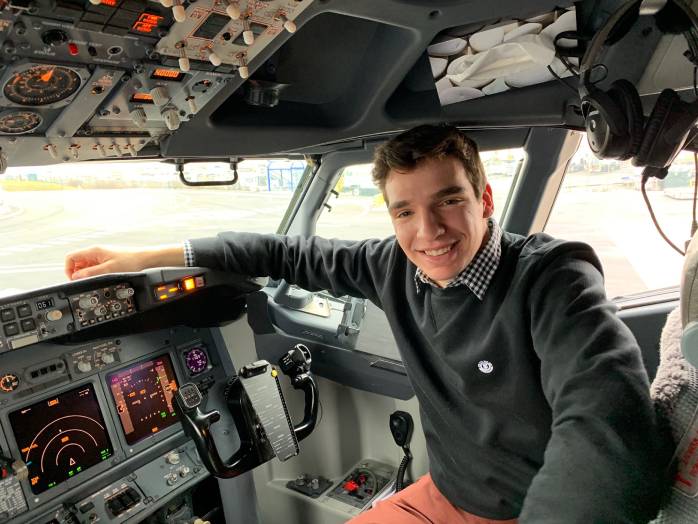
Chloé and Antoine, pilots for AstonJet, now fly missions for Hôpitaux de Paris.
Chloé Bignon (2018 graduate) and Antoine Martorana (2015 graduate), trained at a private flight school after graduating from ESTACA. They then opted for business aviation, and today work as pilots for the ASTONJET company based in Le Bourget. They carry out a wide variety of missions, ranging from medical flights for the urgent transport of organs to Paris hospitals, to private flights for VIPs.
Now colleagues, they recently worked together on a medical mission to take a heart surgeon to Angers to retrieve a heart for transplant to a recipient in Paris.
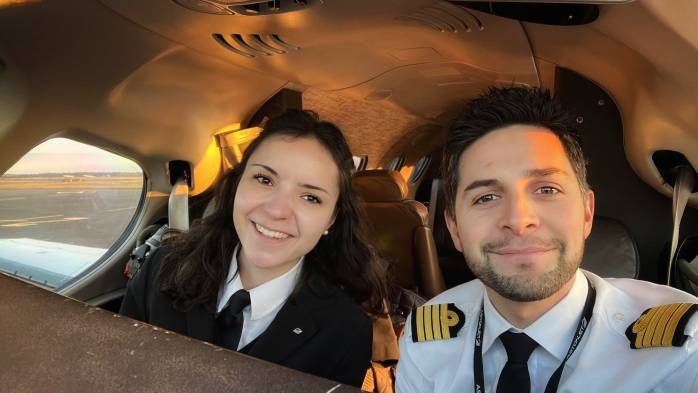
Today, Chloé is a business aviation pilot at Paris-Le Bourget airport, flying for companies and individuals, and provides numerous flights for the Paris Hospitals :
A final word from Chloé to the girls :
Découvrez aussi en video, Arthur, diplômé 2017, pilote de ligne pour DHL :





